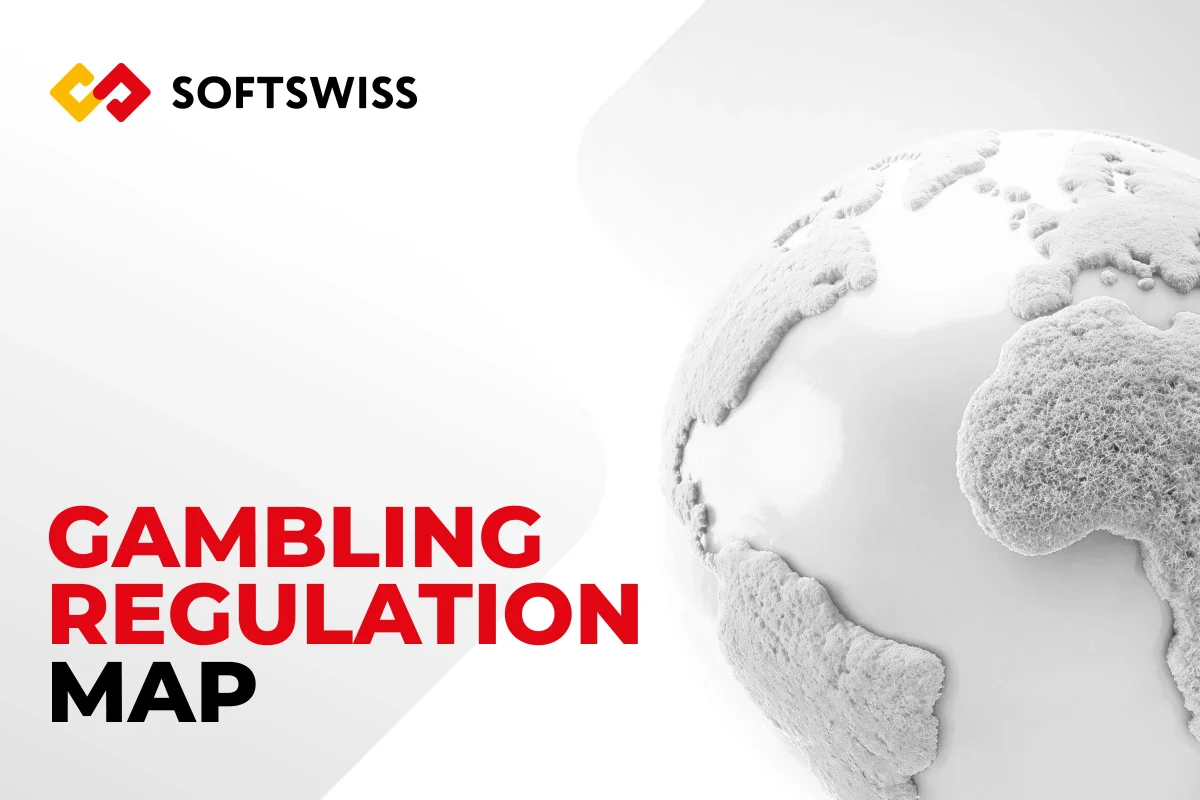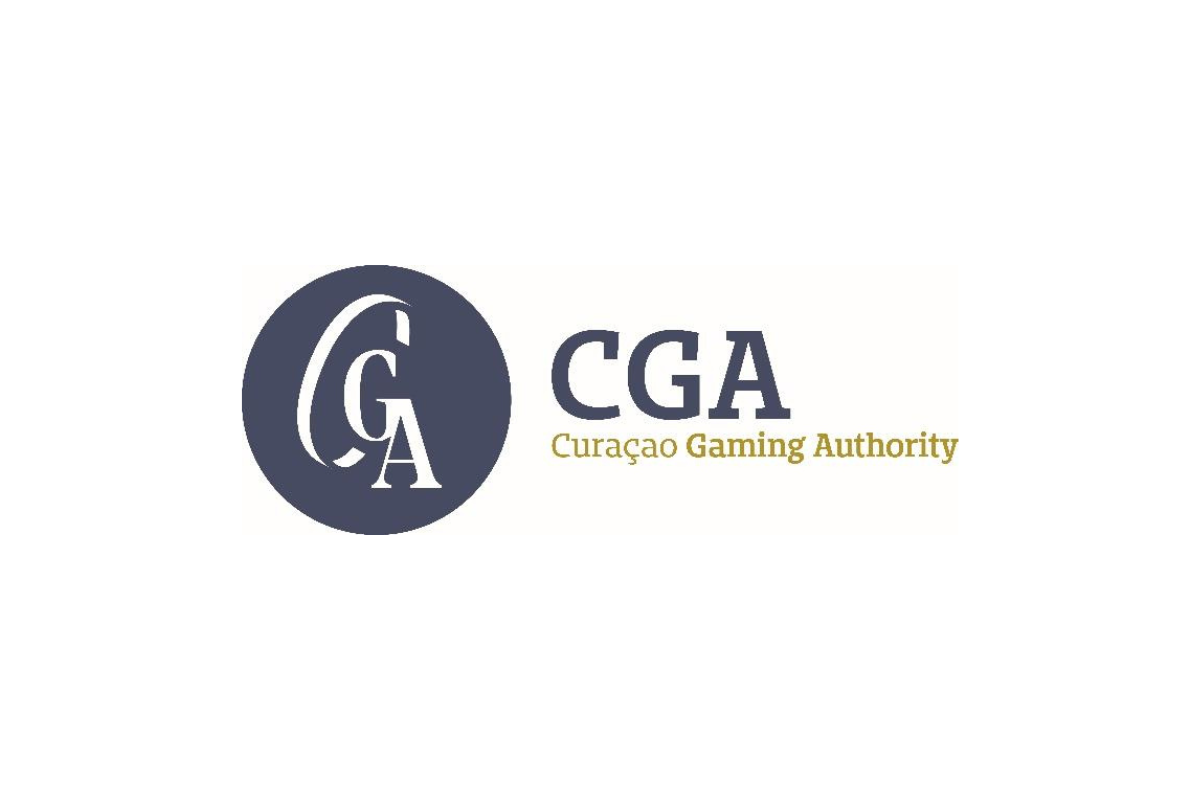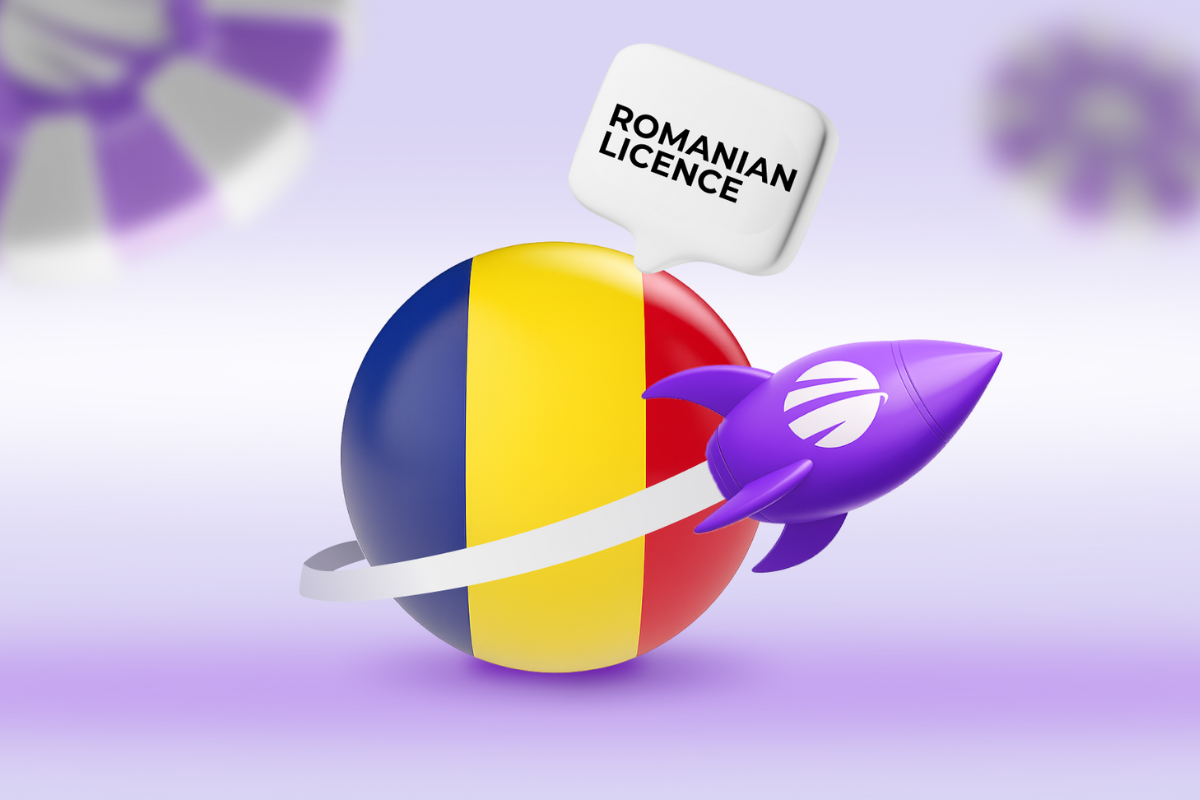European Union
How Gambling Regulation Across Europe Is on The Increase

Since exploding into our lives some twenty years ago, online gambling has gone through several transformations. Games have improved, the devices that we access them on have changed, and there are more services than ever before.
As is typical, legislation has lagged behind innovation in the industry here in Europe. We’re just starting to see more nations undertake the balancing act between ensuring they generate sufficient tax revenue, and providing a safe environment for their bettors. This process is made particularly difficult since levying too much tax will discourage investment in localities, as well as promote a move to less regulated, altogether dodgier iGaming venues from the punters themselves. Despite the divides between legislators, there are still good offers for specific counties across Europe.
Regulation is the Answer
Some nations in Europe have already made steps to encourage a more open market, and thus create opportunity for new online gambling ventures to open there. Portugal have just spent the last two years trying to tackle similar issues within their own gambling legislation. However, under their new laws, there is concern that their efforts have made offering services there commercially unviable for international companies. Aggressive taxation is at fault and responsible for strangling companies trying to setup shop there.
The likes of Bet365 and William Hill quickly left following changes in 2015 and have shown no willingness to return. The efforts by Portuguese legislators are clearly stifling innovation in the nation. The problem is exacerbated by a curious issue facing the nation too. The SCML, a company who have long held a monopoly on iGaming services, are actually registered as a charity organisation and are therefore eligible for a 50% tax cut. It’s no wonder established bookmakers want little to do with the market.
Cyprus is also undergoing great changes to its gambling industry. However, their efforts to prohibit unlicensed betting sites seem short-sighted. Rather than take away the incentive for players to use fully regulated services, they have simply outlawed those that have not obtained full licenses. Of course, countless examples abound of how prohibition of something is usually a spectacular failure and there seems little evidence to suggest that internet-savvy Cypriots will not simply circumvent legislation using online privacy tools and anonymous digital currencies. As it stands, there are over 2,400 websites that have been blacklisted. Meanwhile, services hoping to operate there legally are forced to jump through a series of legal loopholes. These include demonstrating a certain amount capital, licensing fees, and a 13% taxation.
Recently, the likes of Holland, Sweden, Poland, and Greece have begun to take tentative steps towards an overhaul of their legislation governing online gambling. Aggressive taxation policies in these nations have resulted in an exodus of international providers which has led to monopolies. Holland are currently attempting to break an entrenched, state-owned monopoly on gambling that has existed for many years.
They hope that the Remote Gaming Act of 2016 will encourage foreign investment and greater competition. However, the likelihood of success of such a measure is questionable. The huge 29% tax obligation of gross revenue is hardly going to encourage foreign providers to enter the market. However, there do exist plans to lower this rate to 25% by 2020. Yet, too little, too late still springs to mind.
Meanwhile, the major gambling hub that is Sweden are hoping legislation will help liberalise their market. There, a 20-year monopoly has existed. The Swedish efforts seem better placed to deliver results than the Dutch, however. Under an Act due to take effect by January 2019, they’ll be a unified tax levied on all gross gaming revenue. The rate is a more competitive 18%. Meanwhile, providers will also have to submit a licensing fee to operate on Swedish territory.
Curiously, Greece are moving in the opposite direction. Rather than reduce taxation to increase foreign investment, they’ve added 5% to the rates charged to providers. Thanks to the struggling economy in Greece, ministers are desperate to generate revenue by any means necessary. The European Commission have put pressure on the Greeks to open their markets, however, the increase in taxation of 2016 seems to be doing just the opposite. Greek gambling company, the OPAP, enjoy most custom at present, however there are plans to begin tackling this by 2020.
In Poland too renowned bookmakers like William Hill, Bet365, and Betfair have been forced to leave the market because offering their services there isn’t considered viable financially. In 2016, the legislative vowed to re-examine the laws in place with the aim of developing the market there. Little has been done since then, however.
Whilst large portions of Europe are trying to use legislation to further open markets, there remain those nations who continue to ignore European Commission recommendations altogether, or prefer a protectionist policy when it comes to gambling. Germany, for example, falls into the former category, with the likes of Finland and Norway being firmly in the latter. In Germany, some 71% of the total bets placed on sports take place on so-called grey markets.
Their highly liberalised gambling climate makes it so that any operator can offer their services there if they’re not based in Germany, and are licensed by a known European gambling authority. This leads to a situation where an estimated 1.5 billion euros in lost taxation revenue is leaving Germany every year. With most regions refusing to follow EU proposals, it seems to be more of an issue of Germans trying to make a point about their own sovereignty from EU rule than anything else.
Different again is the situation in Finland and Norway. These Scandinavian states opt for protectionist policies and in contrast to the Swedes are in no rush to tackle the system of monopolies in their gambling industries. This is largely because a significant portion of iGaming profits currently go directly to charitable organisations. Liberalising the economy there would likely see improvements in the player experience of online gambling but those in receipt of donations would certainly lose funding.
Interestingly, however, the law which makes foreign online betting sites illegal in these two states is rarely enforced at player level. This is often the case in such jurisdictions, and the result is huge streams of revenue flow out of the countries and into the coffers of providers who offer better odds, and more generous player perks.
Finally, there are some countries that seem to be making a much better job of regulating online gambling than the rest of Europe.
The United Kingdom, for example, enjoys one of the planet’s most vibrant betting environments. This has been cultured through a generally laissez-faire gambling policy since online gambling’s inception. Their stringent player protection rules but generous taxation policies provide the perfect environment for iGaming companies and sportsbooks to flourish. Competition is fierce in the UK, and many bookmakers find themselves head to head with one another to try and lure a public who are more than happy to have a punt on just about anything.
Clearly, there is anything but a unified gambling policy in Europe at present. Despite EU recommendations to liberalise markets and smash monopolies, the situation isn’t progressing quite as intended. Whilst some refute the centralised authority of EU leaders, others have attempted to generate greater revenue for themselves through aggressive taxation which has led to the industry effectively being strangled by legislation.
Of course, players need protection, and if foreign companies are making a killing offering gambling services, government are going to want a slice of that pie. However, as we’re seeing from the ad hoc array of legislation coming from European states, there is anything but consensus when it comes to finding the correct balance. Perhaps more countries should look at the example set by the likes of the United Kingdom who seem to be doing a relatively good job of nurturing their industry without endangering players or stifling innovation.
-

 Asia5 days ago
Asia5 days agoDigital gaming disruption tackled in 1st AsPac Regulators’ Forum
-

 Africa6 days ago
Africa6 days agoKiron announces the launch of its new virtual football title, Turbo League, with SportPesa in Kenya and Tanzania
-

 Aquisitions/Mergers6 days ago
Aquisitions/Mergers6 days agoNOVOMATIC successfully completes sale of ADMIRAL Austria to Tipico and focuses on international growth markets
-

 Compliance Updates6 days ago
Compliance Updates6 days agoSOFTSWISS Releases Gambling Regulation Directory for iGaming Operators
-

 Compliance Updates6 days ago
Compliance Updates6 days agoAlternative Dispute Resolution (ADR) Role and Certification
-

 Asia6 days ago
Asia6 days agoiRace Media extends partnership with The Hong Kong Jockey Club in Asia
-

 Central Europe6 days ago
Central Europe6 days agoSYNOT Games Delivers Bespoke Games Exclusively for SazkaHry.sk in the Slovak Market
-

 Latest News7 days ago
Latest News7 days agoNuxGame Secures Romanian B2B Gambling License as a Strategic Milestone in European Expansion


















